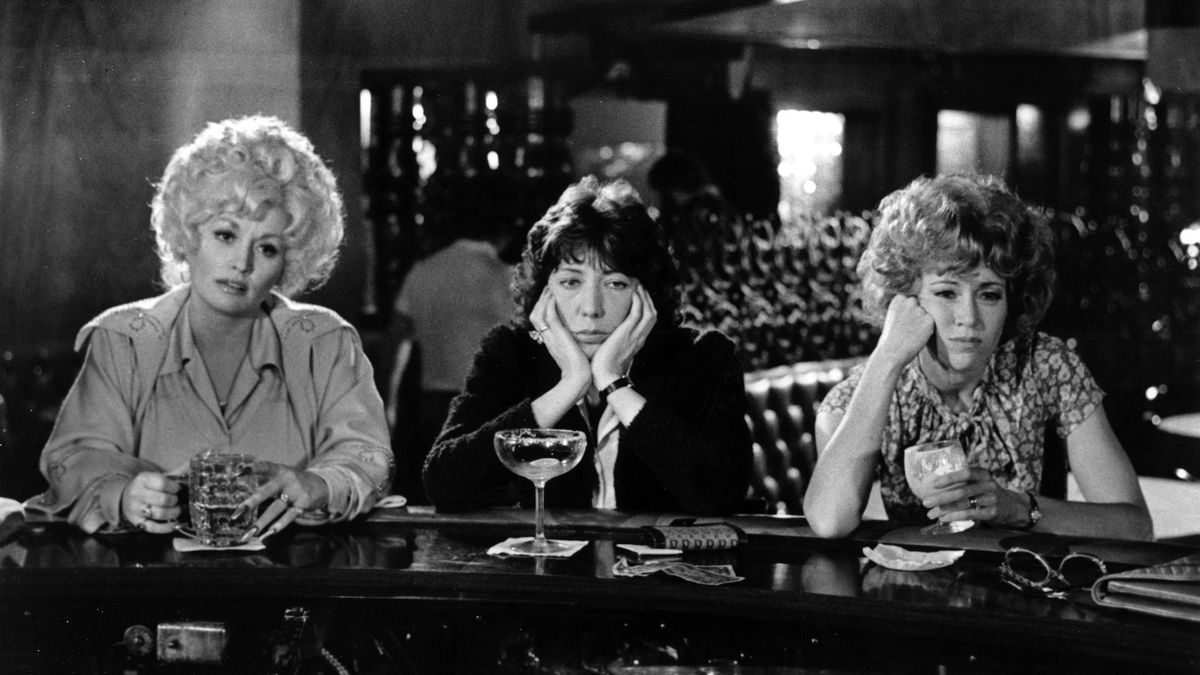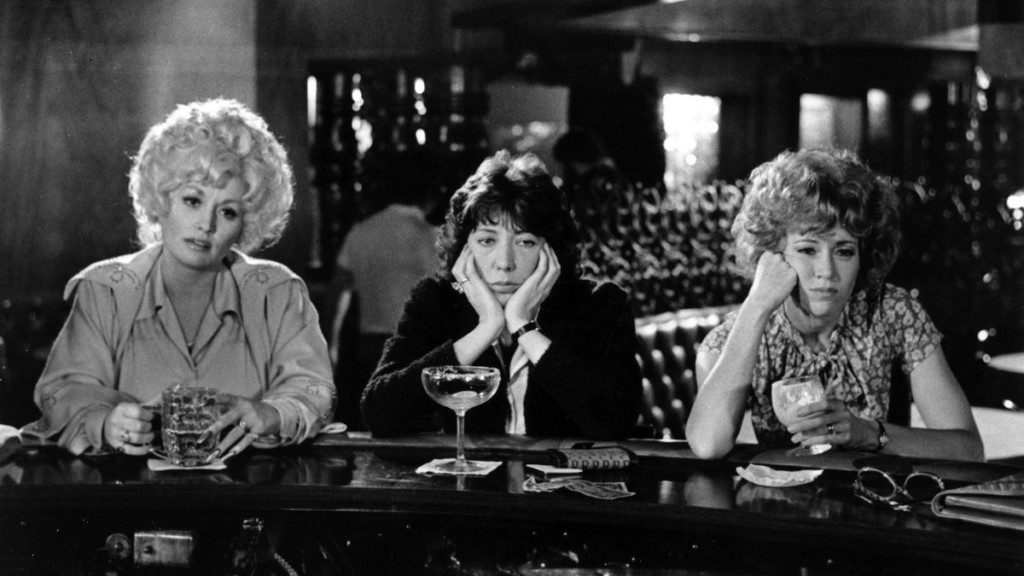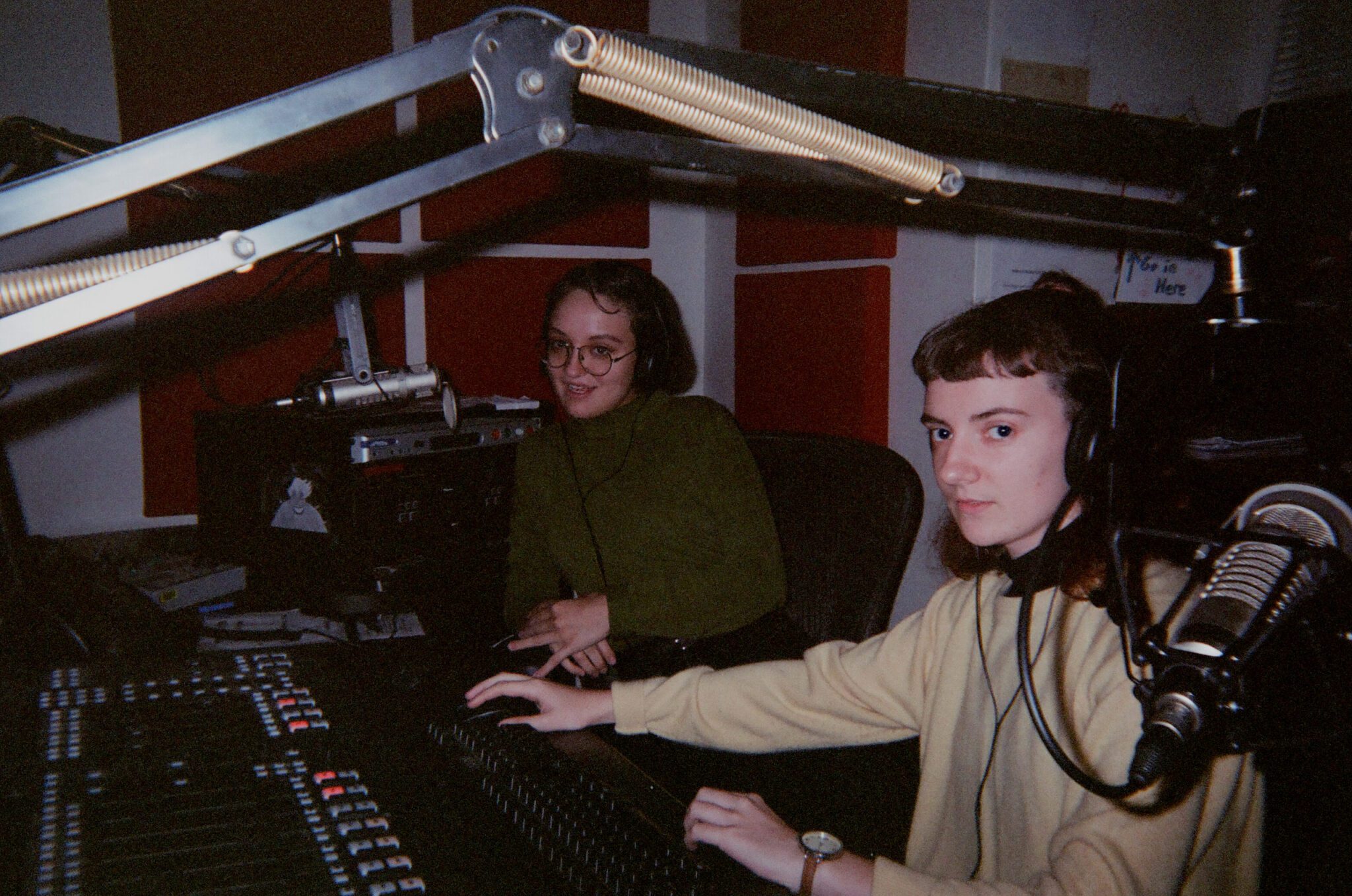ONLY NOISE: Welcome to the Workless Week

Rihanna is doing everything I am not.
“Work, work, work, work, work, work/You see me I be work, work, work, work, work, work,” she barks through the café sound system – as if she knows.
Another sunny day in the neighborhood. It is loping along at a drowsy pace. Parks are barren – full of empty benches. There is no line at the post office, and my favorite corner in the local coffee shop is dutifully awaiting me. I’m not dreaming. I’m not lucky. I am unemployed. And it’s just a weekday.
As luck would have it, I’ve been laid off three times in the past three years. Downsizing, outsourcing, budget cuts, project fulfillment – I’ve seen it all, and yet each time it hits me like an uppercut…like getting dumped when you thought everything was going awesome. And everything was going awesome…until it wasn’t anymore.
Another song comes on: Elvis Costello’s embittered “Welcome To The Working Week” off 1977’s My Aim Is True. I envision Costello back in the early ‘70s, working as a data entry clerk for Elizabeth Arden and hating every minute of it. “Welcome to the working week,” he sneers. “Oh, I know it don’t thrill you, I hope it don’t kill you/Welcome to the working week/You gotta do it till you’re through it, so you better get to it.” The irony of course being that it is the workless week(s) I have to get through now.
But this time ‘round I am not alone. It wasn’t long ago when I told my friend M that everything was “going to be ok!” M had recently been laid off from her job of five years, and I assured her that she needn’t self-flagellate for collecting unemployment.
“The idea that going through a period of unemployment is being lazy or counterproductive to society is bullshit,” I argued. “That’s just a false, capitalistic construct that a lot of developed countries don’t abide by. Look at Sweden! They get artist grants on the regular! Paternity leave! No one calls the Swedish lazy!” I consoled M with fervor, hoping to empower my hardworking pal who’d fallen on hard times. “You’re going to LOVE unemployment! Hell, I wish I had been on it longer!”
Somewhere in the distance, Riri sang and wagged a finger, “When you a gon’ learn, learn, learn, learn, learn, learn”? Before I could answer, I was plunged into joblessness. Again. I turned to find that ardent part of myself, the one that I’d dispatched to boost M’s confidence. She was nowhere to be found.
On Monday, in broad daylight, M and I sat on her couch; updating resumes, drafting emails, and calling the New York State Department of Unemployment Services, which has constructed a densely layered multiverse of automated menu options, dead-end key commands, and spontaneous call terminations. Dante himself could not have imagined this many circles of hell. The Specials’ bristling cover of “Maggie’s Farm” bleated from M’s tablet. I repeatedly punched zero in the hopes of being delivered to a real-time human, but was escorted back to the beginning of the menu options instead.
Veterans of creative industries get it. Writers, actors, magicians, poets, clowns, and yes, musicians; it’s a hard life making a living. Like Rihanna and Elvis Costello, Dolly Parton knew all about werk when she wrote “9 to 5,” singing the sour truth in that sweet, sweet voice: “Workin’ 9 to 5, whoa what a way to make a livin’/Barely gettin’ by, it’s all takin’ and no givin’/They just use your mind and they never give you credit/It’s enough to drive you crazy if you let it.”
In this time of uncertainty, I tell myself that it’s important to have historical perspective. It’s crucial to remember that bitching about work (or lack thereof), is as human as bipedalism, and has likely occurred since the dawn of occupation. While Rihanna today sings, “You see me do me dirt, dirt, dirt, dirt, dirt, dirt,” a 12th century blacksmith has surely larked, “You see me do me smelt, smelt, smelt, smelt, smelt, smelt,” and so on and so forth. Throughout history, where there has been work, there has been animosity; where there has been unemployment, there has been languor.
Hating your job is a time-honored tradition. So too is fearing eternal joblessness, and, as Bill Callahan sang in the ‘90s, longing “to be of use.” But why are we reduced to this? Why is our identity plastered slapdash around a core of employment? They don’t live like this is in Italy, right?
Perhaps philosopher Henri Lefebvre explained it best in his 1968 page-turner, The Sociology of Marx: “– man loses himself in his works. He loses his way among the products of his own effort, which turn against him and weight him down, become a burden.” Or, as Morrissey sang, “Frankly, Mr. Shankly, this position I’ve held/It pays my way, and it corrodes my soul/I want to leave, you will not miss me/I want to go down in musical history.”
I think about how Morrissey once worked as a hospital porter, and, perhaps annoyed that everyone around him was more miserable than he, quit and went on the dole. The Smiths frontman then used the bulk of his unemployment benefits to buy concert tickets. Morrissey sings about jobs more than most pop stars, and has certainly had them, making his claim in 1984’s “You’ve Got Everything Now” that he’s “Never had a job/Because I’ve never wanted one,” only half true.
Jeff Buckley was a Hotel Receptionist. Alanis Morissette was an Envelope Stuffer. Looking through a list of “51 Jobs Musicians Had Before They Were Famous” makes me feel better for some reason. Ian Curtis worked as a Welfare Officer. Chuck Berry (RIP), a Beautician. Rod Stewart dug graves. Henry Rollins managed a Häagen-Dazs ice cream shop in DC.
I wonder if, while scooping equal portions of Rocky Road and Butter Pecan into a waffle cone, Henry Rollins was thinking of a passage from The Communist Manifesto: “…labourers, who must sell themselves piecemeal, are a commodity, like every other article of commerce…” “Much like this sugary, frozen treat,” mumbled the pre-Black Flag muscle man. While dipping the high-piled scoops into a vat of rainbow sprinkles, Häagen-Dazs Rollins must have pondered Marx and Engels further, noting that, “…the work of the proletarians has lost all individual character, and, consequently, all charm for the workman. He becomes an appendage of the machine…”
But let’s face it, ice cream Henry – we’re all appendages of the machine with or without those pesky day jobs – no matter how you scoop, sprinkle, or dip it. If you look to The Jam’s lay-off-themed “Smithers-Jones,” you’ll hear the tale of an obedient, white-collar worker who gets the axe. The suit-wearing title character arrives at his long-term office job one Monday only to be told, “There’s no longer a position for you/Sorry Smithers-Jones.”
And then there’s good ‘ol Morrissey again, who famously sang, “I was looking for a job, and then I found a job/And heaven knows I’m miserable now.”
Oh, c’mon Moz, it ain’t alllll that bad. When talking to my sister about my recent loafer status, she assures me that things could be much worse. At least I don’t have to dig graves like Rod Stewart. At least I don’t have to work in a slaughterhouse like Ozzy Ozborne. I have friends and family who love me, an awesome part-time writing gig, and, unlike my sister’s new puppy, Darwin: at least I don’t have eczema on my butthole.
So I got that going for me, which is nice.





